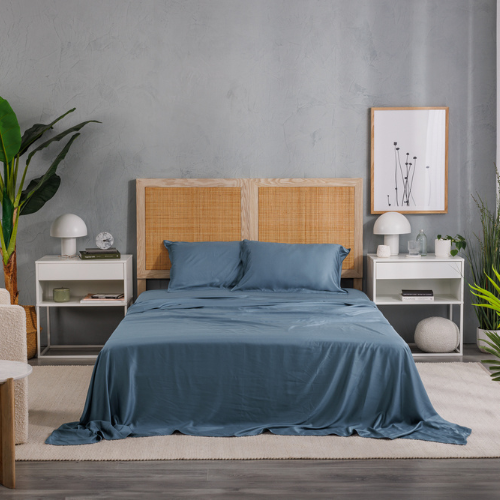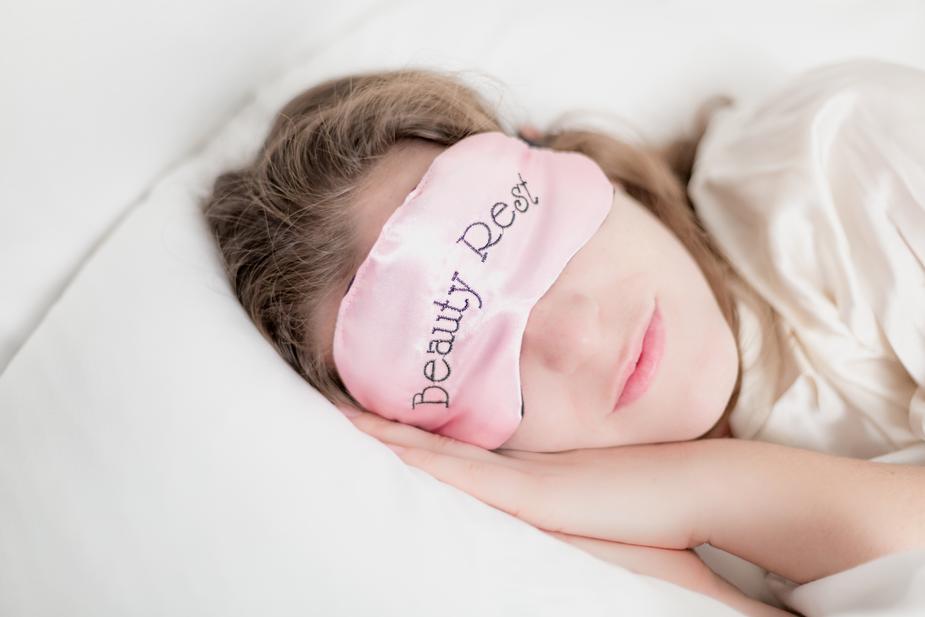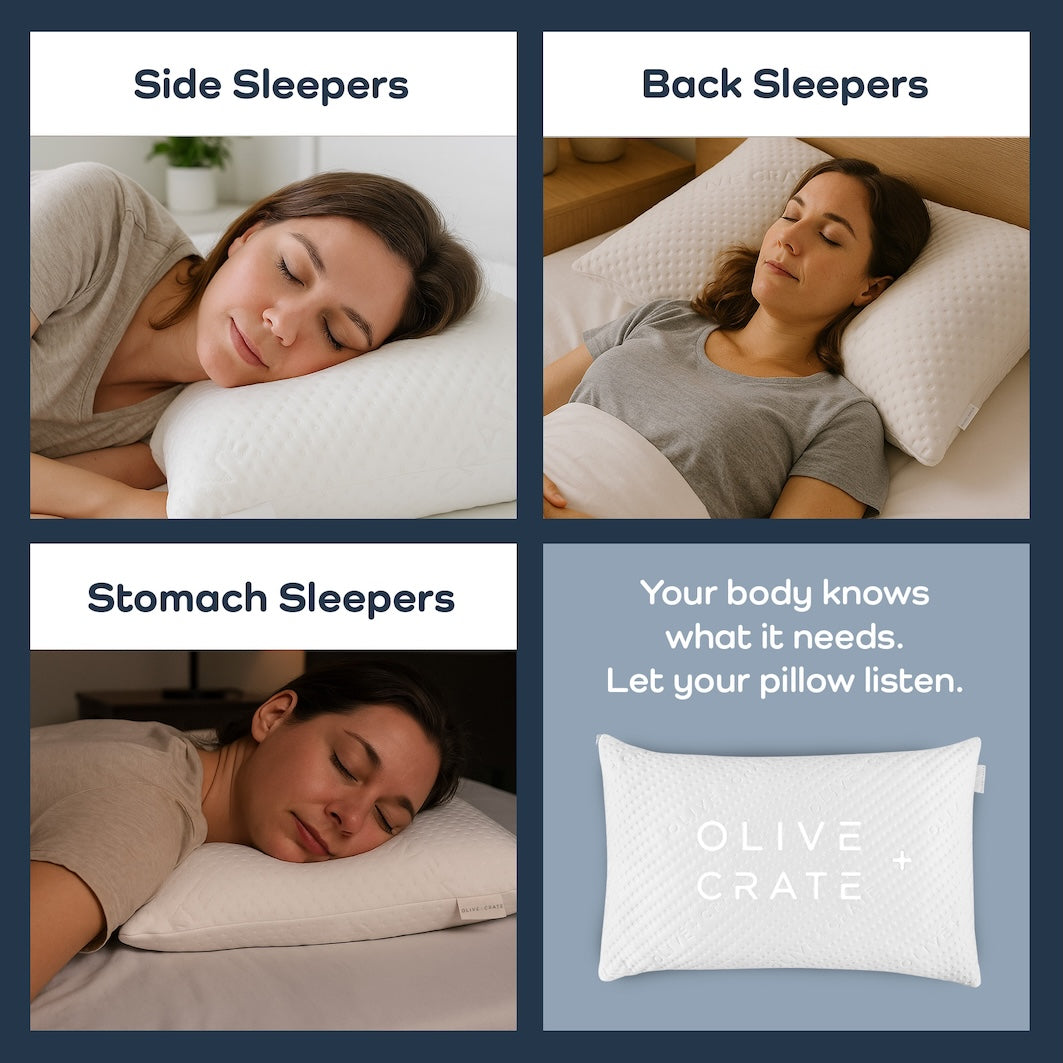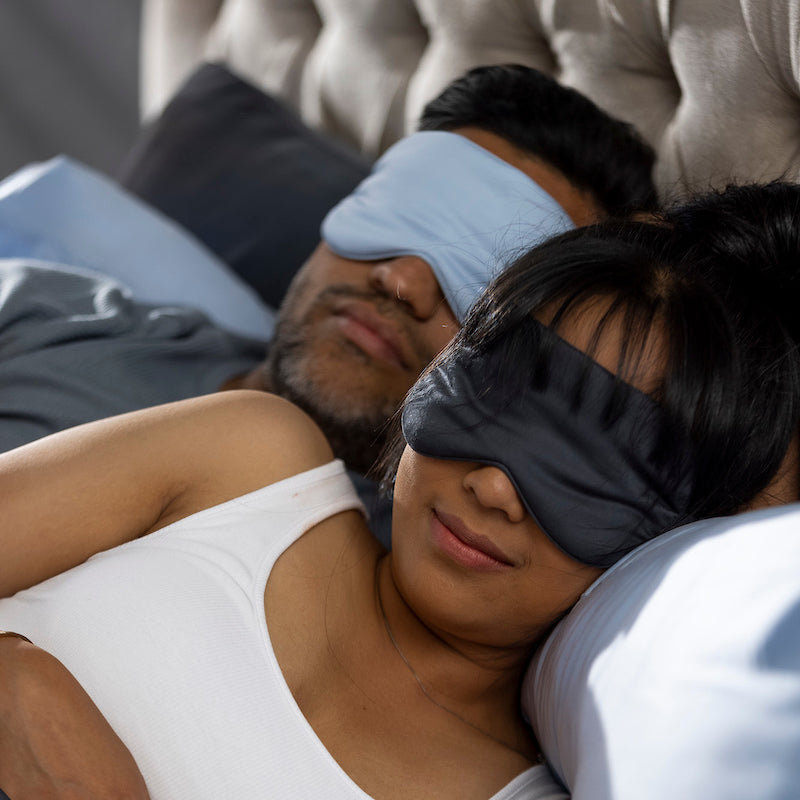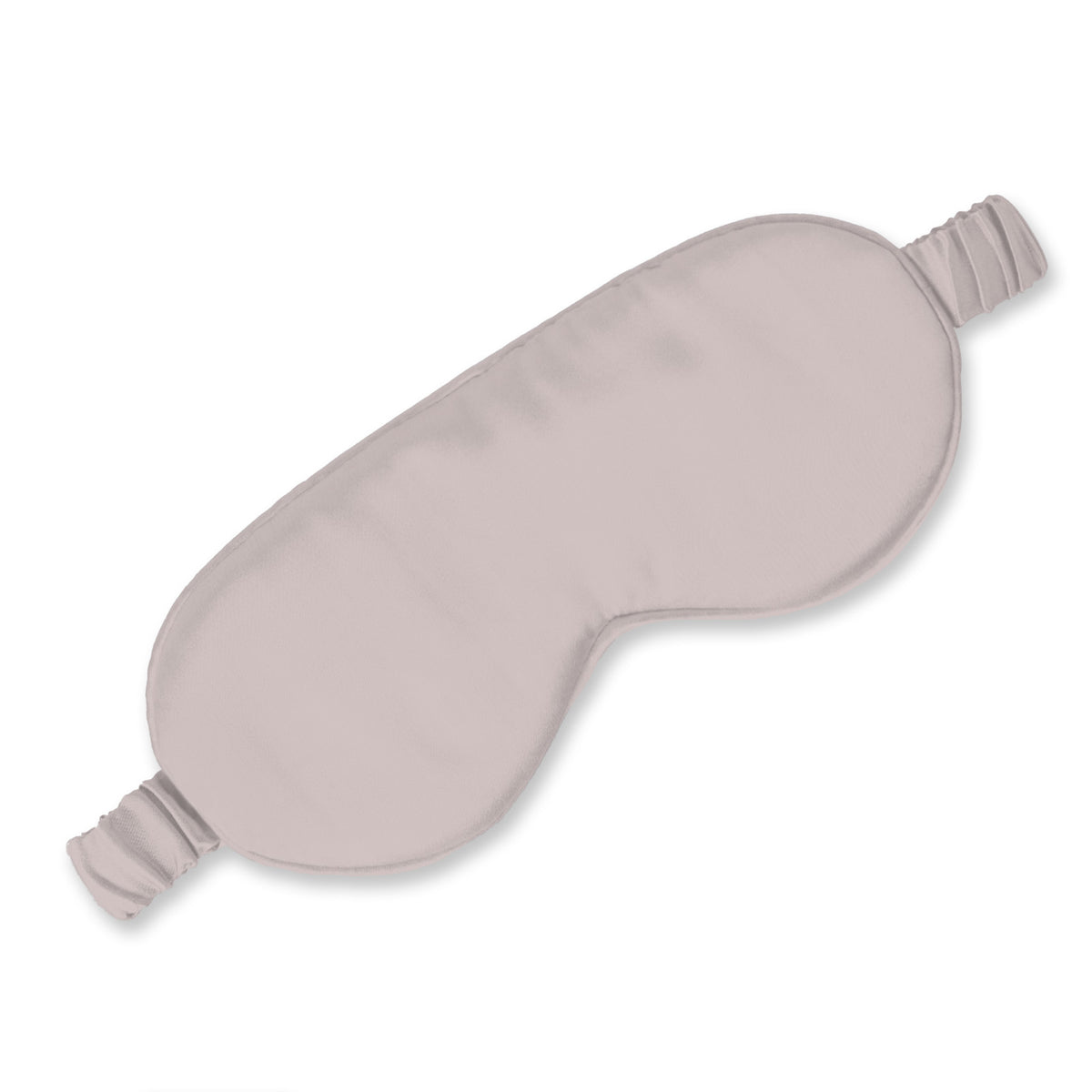by Elizabeth Burton
date: 09/09/2020
How Much Sleep Do Teens Really Need?
Image from @bellenoirsilk on Instagram
While a study by Loyola University Health System, published in Science Daily, considers between seven and nine hours adequate for adults (and between seven and eight hours adequate for seniors), teenagers frequently require more hours per night. Referencing the American Academy of Sleep Medicine, the CDC recommends that preteens (ages nine to twelve) receive between nine and twelve hours each night and teens (ages thirteen to eighteen) receive between eight and ten hours per night. Teenagers need more sleep than younger children (under nine years old) because, according to Dr. Michael Crocetti in the article “Teenagers and Sleep: How Much Sleep Is Enough?” for HopkinsMedicine.org, “‘teenagers are going through a second developmental stage of cognitive maturation,’” which requires additional resources from the body, making longer periods of reparative sleep necessary.
This frequently leads to sleep deprivation because teens are unable to fall asleep before later hours (11 PM - 1 AM, for instance) but still must wake in the early hours of the morning (between 6 and 7 AM) to attend school. This lack of important quality sleep can lead to the issues mentioned above. Thankfully, there are a number of ways to help your teen get the quality sleep he or she needs in a way that is natural for his or her body.
Image from @dreamologymattressyyc on
The Dangers of Persistent Low-Quality Sleep in Teens

Image from @re.vityl on Instagram
Interruptions to Teen Sleep
Inconsistent Schedule
An inconsistent schedule can contribute to inconsistent quality of sleep. Teens require a predictable schedule in order to maintain and nurture their bodys’ circadian rhythm. Without a consistent schedule, teens may stay up late but be forced to wake up early during the school year due to social and work circumstances, but may sleep in late during the summer. This lack of consistency confuses the body and the brain, making it difficult for both to know when sleep is supposed to occur, leading to interrupted, low quality sleep over time. Technology/Connectivity
While technology use affects everyone differently, it has been shown across the board to inhibit sleep when used before bed. Active use of technology, like that of video games, phone apps, surfing the web, and even texting, is considered to be more harmful to sleep than passive use like that of reading a book on a tablet or plugging in earphones to listen to music.
The article “Technology & Sleep,” published by the Sleep Health Foundation, explains that “sleep is indeed affected by technology use in the hour before bed…[with] late-night technology users report[ing] less satisfactory sleep more often than those not using technology before bed,” as well as drowsiness the next day, which may inhibit everyday activities like driving, studying, and interacting with peers. Not only does the use of technology harm the quality of sleep once a teen has dozed off, but it also tends to push back bedtimes into the later hours of the night because the teen’s attention is captured and the mind cannot be quieted.
Mood Disorders
Image from @cup_o_hot_beverage on Instagram
How to Ensure Quality Sleep for Teens
Image from @leeniehobby on Instagram


